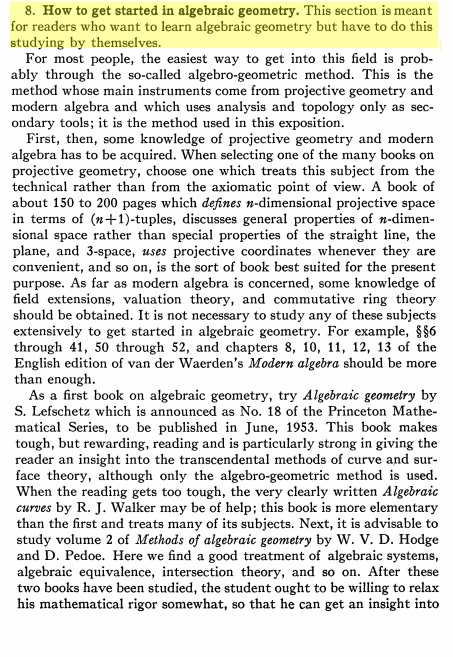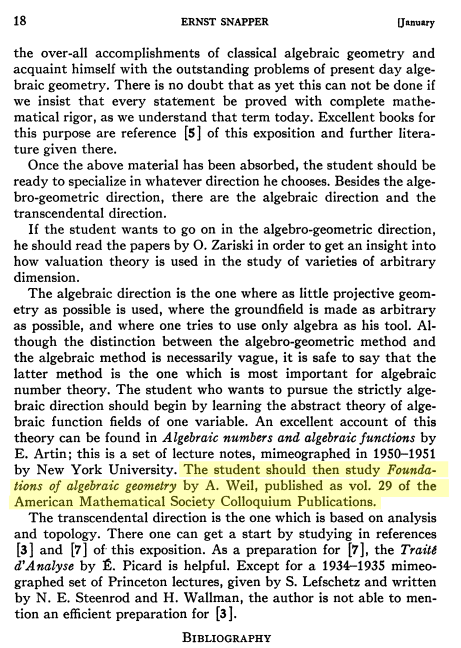Unfortunately this question is relatively general, and also has a lot of sub-questions and branches associated with it; however, I suspect that other students wonder about it and thus hope it may be useful for other people too. I'm interested in learning modern Grothendieck-style algebraic geometry in depth. I have some familiarity with classical varieties, schemes, and sheaf cohomology (via Hartshorne and a fair portion of EGA I) but would like to get into some of the fancy modern things like stacks, étale cohomology, intersection theory, moduli spaces, etc. However, there is a vast amount of material to understand before one gets there, and there seems to be a big jump between each pair of sources. Bourbaki apparently didn't get anywhere near algebraic geometry.
So, does anyone have any suggestions on how to tackle such a broad subject, references to read (including motivation, preferably!), or advice on which order the material should ultimately be learned--including the prerequisites? Is there ultimately an "algebraic geometry sucks" phase for every aspiring algebraic geometer, as Harrison suggested on these forums for pure algebra, that only (enormous) persistence can overcome?



